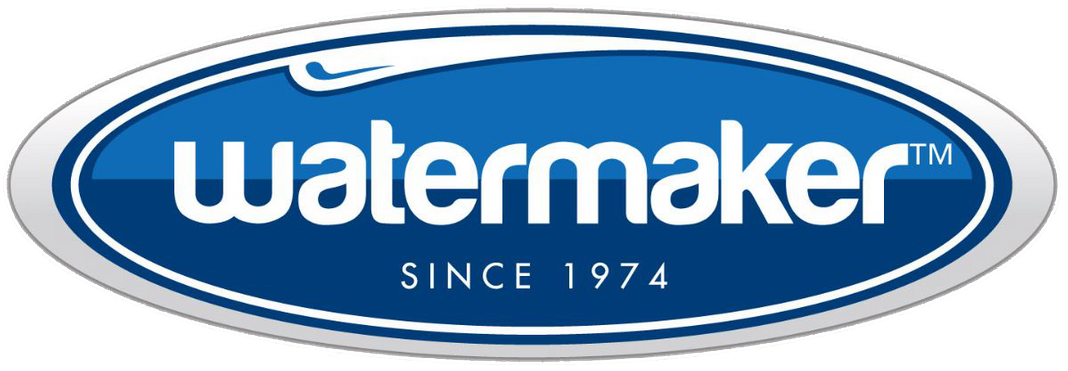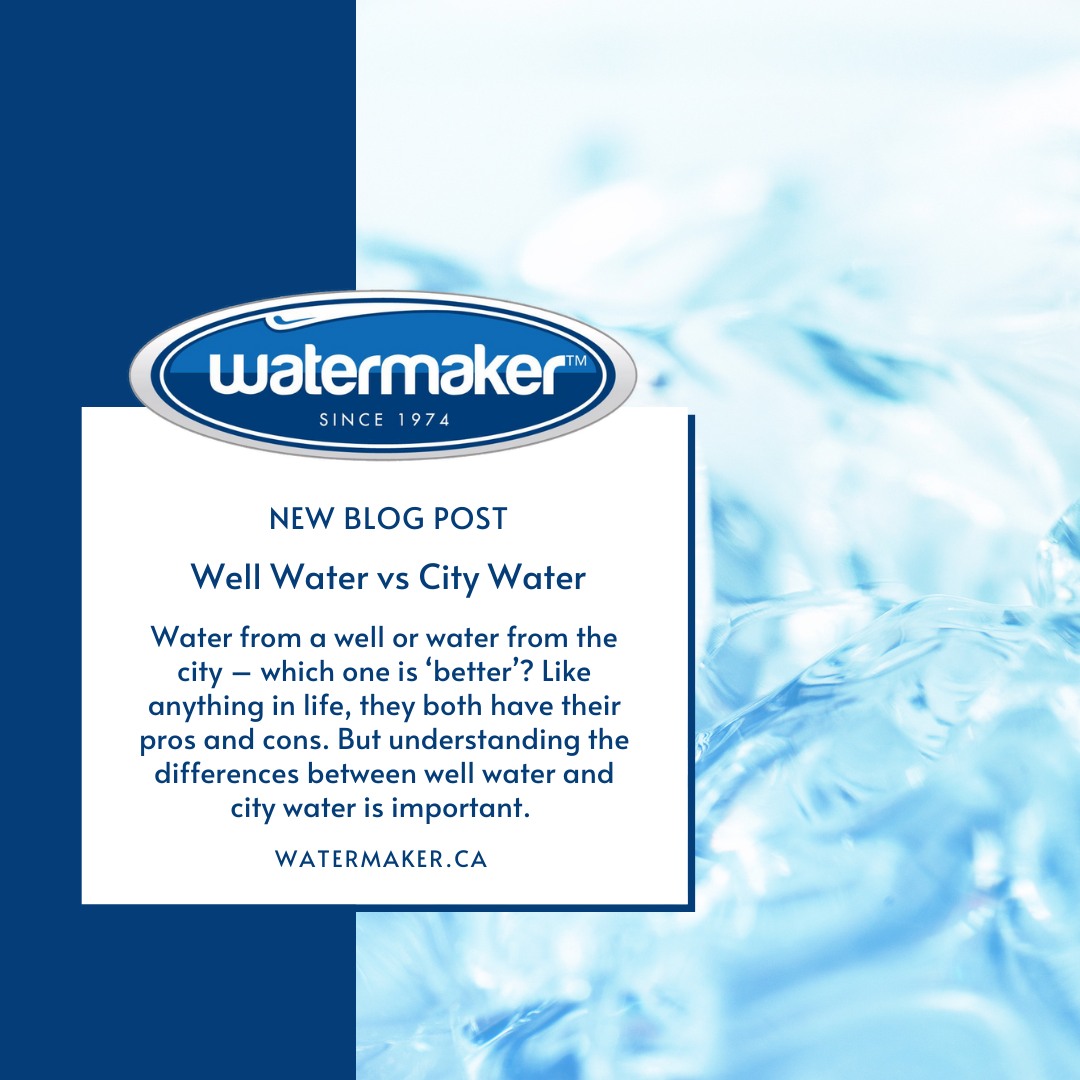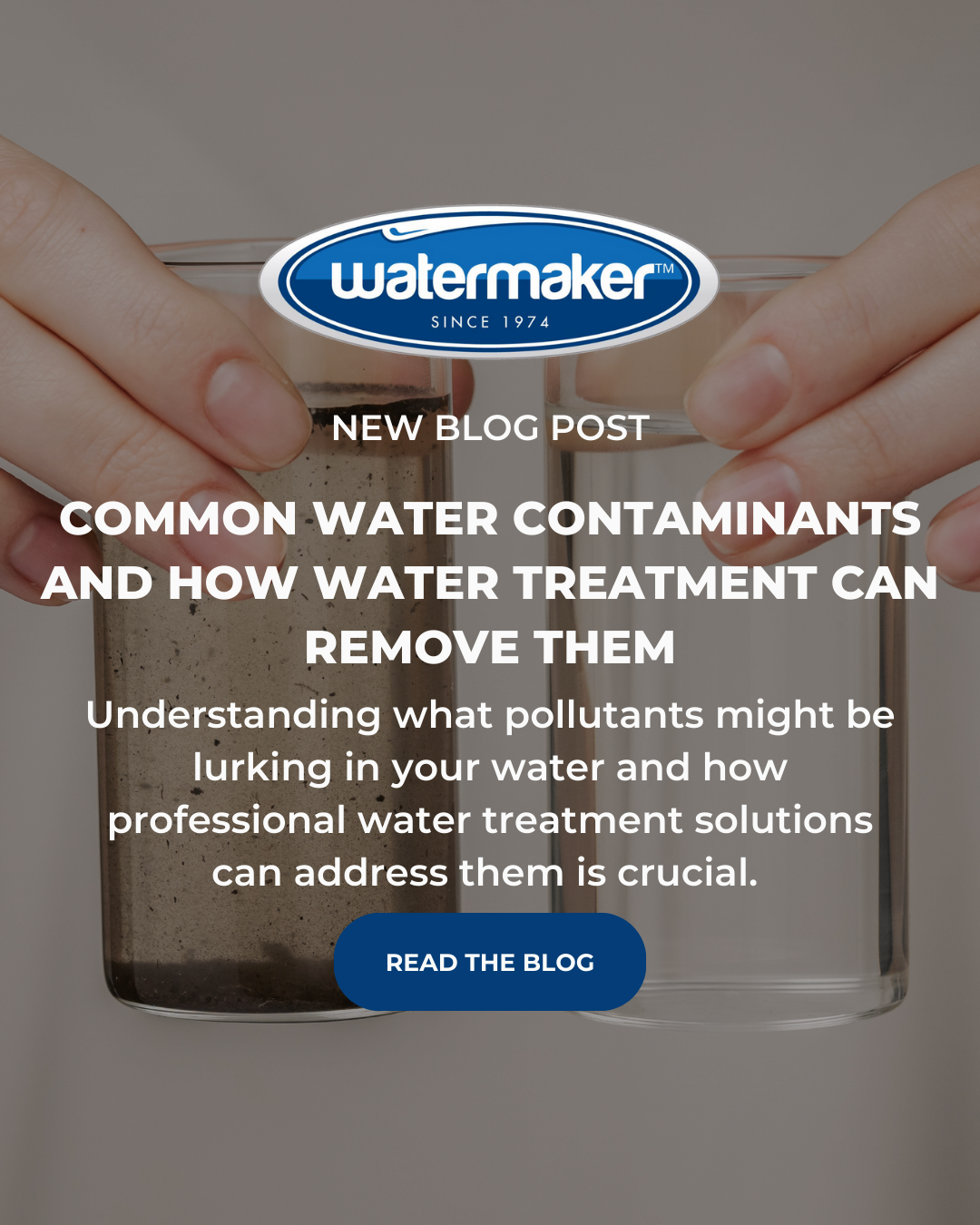Water from a well or the city – which is ‘better’? Like anything in life, they both have their pros and cons. But understanding the differences between well water and city water is important, especially if you are considering moving to a rural property with a well and want to understand what you’ll be dealing with. So today, we look at how they are different and what are the pros and cons of each.
Understanding Well Water
Wells can be built on private property by drilling into the ground to access a water source, such as an aquifer. The water is then pumped up to your home using an electric pump. If dug and installed properly, a private water supply on your property can be a great source of potable water for many decades, but you should understand what it takes to keep your well operating properly.
Pros of Well Water
- Well water can be cleaner and fresher and have more minerals than federally treated city water
- You don’t get billed for your water usage because the water source is on your private property
- You won’t be affected if the city’s water supply becomes compromised during an event like a natural disaster
Cons of Well Water
- It’s your sole responsibility to test the water and ensure it is safe for consumption.
- You will need an electrical source to pump the water from the well, and this pump will have maintenance costs
- You will not be able to get water in case of a loss of electricity, which means you might need a backup generator to prevent water disruption
- You will probably need a water filtration system because well water tends to be “hard” water, and there is a risk of your water being contaminated by waste from failed septic tanks or fertilizers from nearby farms
Understanding City Water
You open the tap. Water comes out. You get a bill every month. Doesn’t get any easier than that, right? City water is something that most urbanites and those in the suburbs don’t think twice about. Because local governments are responsible for checking the water quality, city water is typically perfectly safe to drink and a reliable source of clean, potable water that requires no input or maintenance from the city’s residents other than their monthly bill.
Pros of City Water
- There are multiple agencies and watchdogs that ensure public water sources are safe and free from contaminants
- Because the water is supplied to your home through municipal water pipes, you will always have access to water even if electricity goes out
- You don’t have to pay to maintain water lines or pipes that supply your water
Cons of City Water
- Some people don’t like the taste of city water because it often has chemicals added to it, like chlorine and fluoride
- City water supplies can potentially become contaminated in cases of natural disasters
- Some areas of Canada that rely on city water have boil advisories because the tap water is not meeting provincial standards for safety
So Which is ‘Better’?
Whether you rely on well water or city water, it’s a good idea to get your water tested for peace of mind and to ensure your home receives clean, safe water for you and your family.
Some people think well water is more ‘risky’ because it hasn’t been treated and tested by the municipal authorities. But many well owners think the opposite is true, that it’s better to have your own source of water. If you’re considering buying a property that relies on well water, it’s important to do your research and understand the locations of things like septic systems and nearby farms which could potentially contaminate the groundwater.
The best way to know about the safety of your water source is to get it tested and invest in a good water filtration system. This is something that applies to urban highrises, country estates, and rural cottages. Know where your water is coming from, and take steps to ensure it meets your standards. Bring your water sample to our Watermaker office in Orangeville or Fergus, and we’ll be happy to test it for you.



